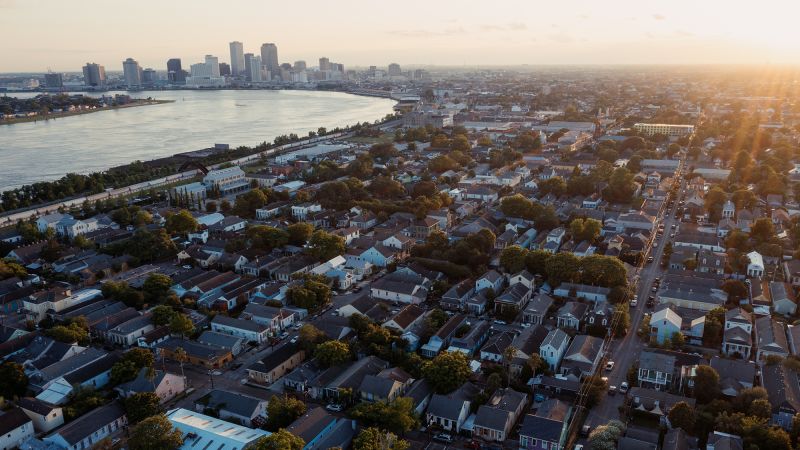The home insurance market is crumbling in New Orleans, leaving Alfredo Herrera with few options for coverage — and skyrocketing insurance premiums.
Herrera, 35, works in finance for a local bank. He bought his 900-square-foot home in New Orleans’ Mid-City neighborhood in 2020 for $270,000, and lives there with his partner.
In 2022, he paid $1,600 a year for home insurance. But last July, his insurer canceled his coverage, saying it was leaving Louisiana.
In the past, acquiring or keeping homeowners’ insurance didn’t present much of a problem.
But as climate change increases the frequency and severity of extreme weather, insurers — especially those in areas most impacted by floods and fires — are raising their premiums, or pulling out altogether, impacting the affordability and availability of home and fire insurance.



My take on this is that the root cause, like many other significant problems that we are seeing, is clearly wealth inequality. Yes, climate change is a big factor but, if the populace was readily able to afford replacement of homes impacted by natural (and human-augmented) disasters, insurance would have no problem. With how expensive homes have become due to artificially-constrained supplies, insurance companies have become an absolute necessity to mitigate homeownership risks and, when they pay out, and up needing to fork over more cash.
Please don’t misconstrue this as support for the insurance industry. They are just necessary at this time for people to manage risks in areas that cost far more than they should (healthcare, transportation, homes, etc).